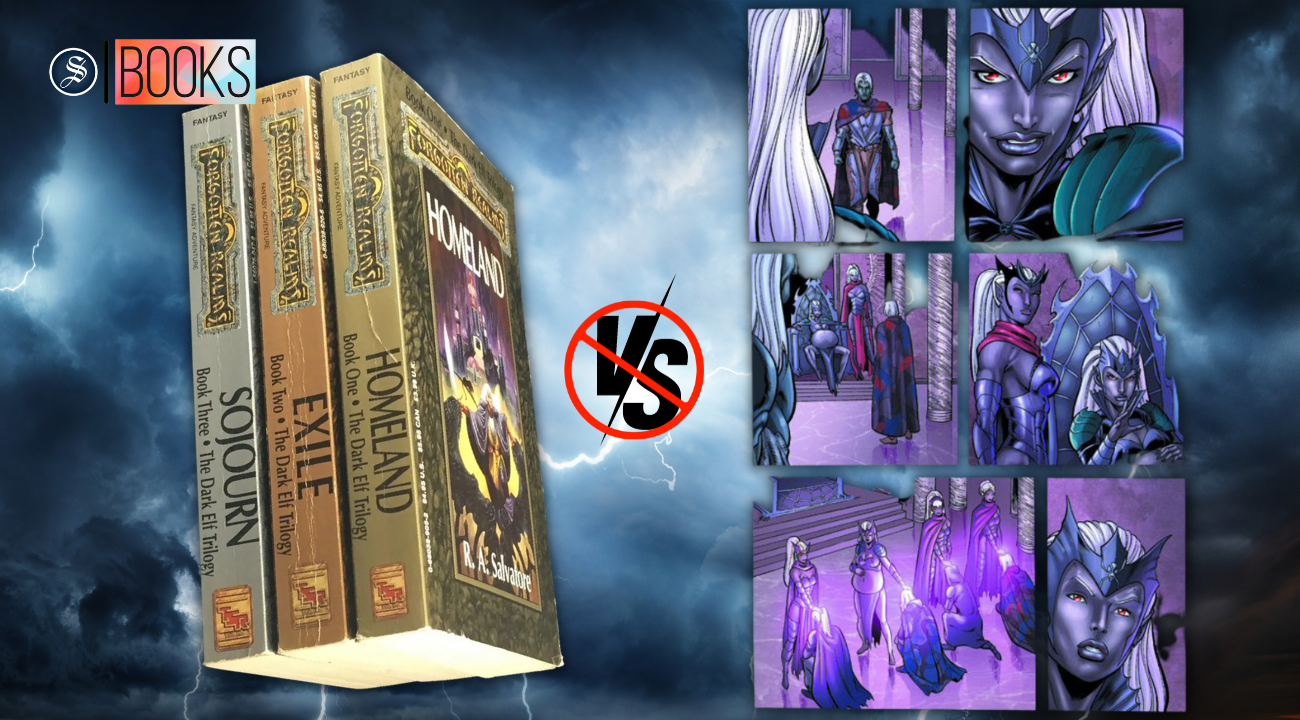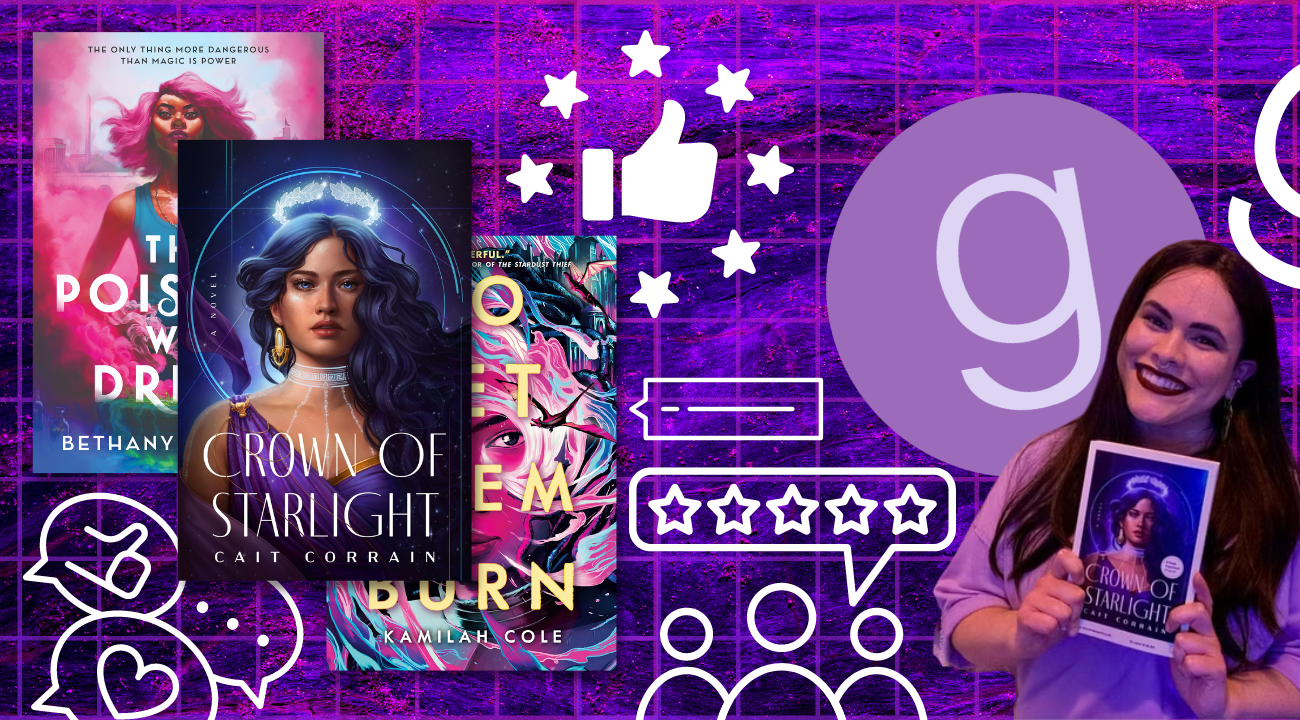Why Dune stands the test of time

I recently had the sublime experience of watching the recent adaptation of Frank Herbert's Dune (Chilton Books, 1965), a 2021 and 2023 two-part movie series directed by the passionate Denis Villeneuve. It is, in my mind, a cinematic triumph, and I am thrilled to witness the surge interest these movies have driven for Herbert's science fiction book series of the same name.
The call of this literary masterpiece resonates with incredible intensity, pulling readers along to embark on a journey of incredible emotion, wonder, and more than anything else, discovery. While the silver screen may offer a tantalising glimpse into the vast expanse of Herbert's universe, it is the written word that truly ignites the flames of passion and imagination.
As I journeyed through the pages of 'Dune', I found myself swept away by the sheer magnitude of Herbert's imagination, lost amidst the brief waters of Caladan, the endless sands of Arrakis, and even the dark glimpses of Geidi Prime.
As I journeyed through the pages of Dune, I found myself swept away by the sheer magnitude of Herbert's imagination, lost amidst the brief waters of Caladan, the endless sands of Arrakis, and even the dark glimpses of Geidi Prime. His universe is teeming with life, mystery, and danger, stirring a sense of awe and wonder that borders on the sublime. From the scorching heat of the deep deserts to the whispering winds that echo through the sietches, every sensation feels real, every detail comes alive. In Herbert's universe, you are not merely a reader, but a traveller venturing into the unknown with heart pounding and senses ablaze. Watch out for the sandworms, though, unless you have Maker Hooks strapped to your stillsuit.
Through the lens of immersive science fiction, Herbert peels back countless layers of the human psyche, discussing truths both exhilarating and unsettling. Questions of power, politics, religion, and ecology resonate through his pages, sparking intense introspection. However, his mastery of the writing craft is such that even such profound philosophy cannot deter from the heart-thumping thrill of the actual plot, which hooks into you and does not let go until the last page has been turned.
At the heart of Dune's narrative are its characters, each a symphony of humanity, with all its triumphs and tragedies laid bare. From the enigmatic anti-hero Paul Atreides to the Machiavellian schemes of Baron Harkonnen, Herbert's characters leapt off the page, their hopes, fears, and desires intertwining in a mesmerising dance. Let the lure of melange take your breath away.
Since its publication in 1965, Dune has left an indelible mark on the landscape of science fiction, inspiring countless writers, filmmakers, and artists to reach for the stars—quite literally in some cases. Its influence can be felt across the breadth of modern culture, from the sprawling epics of Star Wars to the dystopian landscapes of Blade Runner 2049 (also directed by Denis Villeneuve in 2017), each paying homage to Herbert's vision in its own unique way. The true appeal of Dune lies in the sheer joy of literary exploration it offers. In an age of fleeting distractions and shallow entertainments, the novel continues to stand as a beacon of hope, a testament to the enduring power of the written word—to captivate, inspire, and enlighten.
Dune transcends the boundaries of time and space, just as the story itself does, offering readers a journey of emotion, wonder, and discovery that is not to be missed. As Dune: Part 2 continues to dazzle audiences around the globe, now is the perfect time to heed the call of Herbert's universe and experience the magic of Dune for yourself.
Sarazeen Saif Ahana is an adjunct member of the faculty at Independent University, Bangladesh where she teaches English and has a small cult of friends similarly obsessed with genre fiction.



 For all latest news, follow The Daily Star's Google News channel.
For all latest news, follow The Daily Star's Google News channel. 

Comments